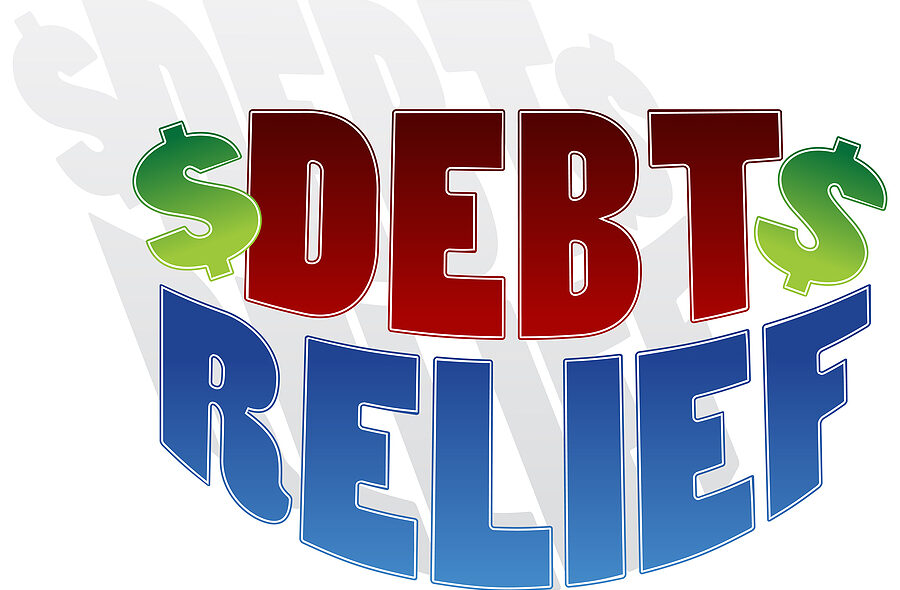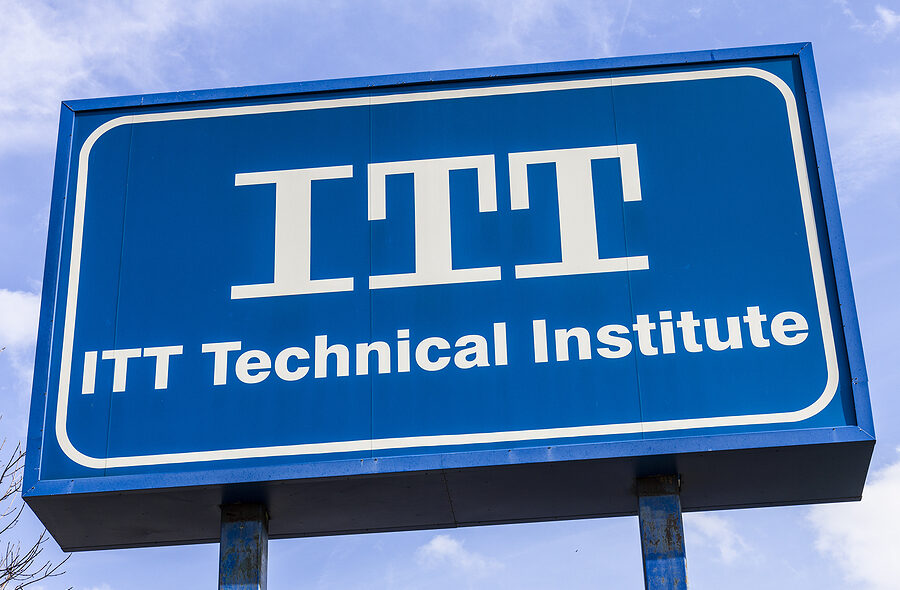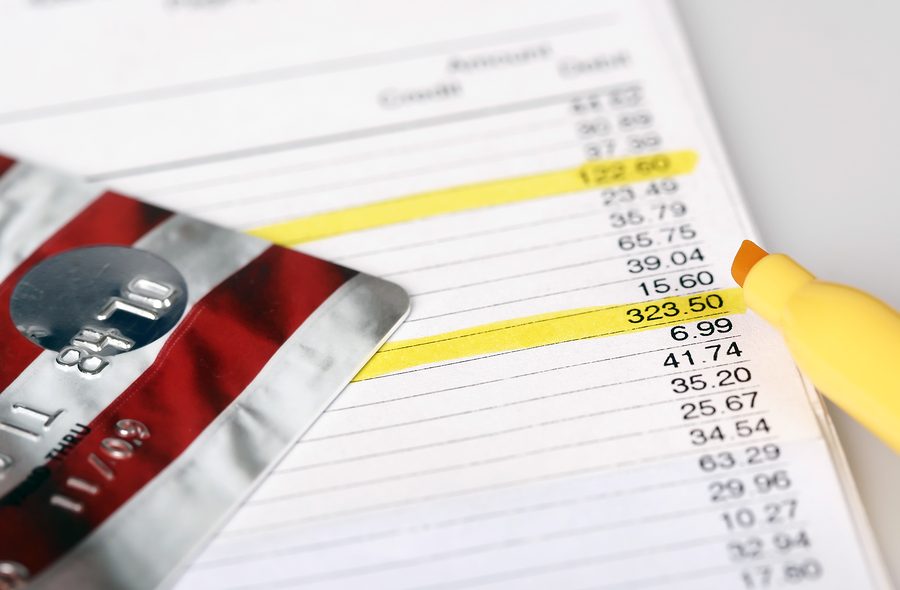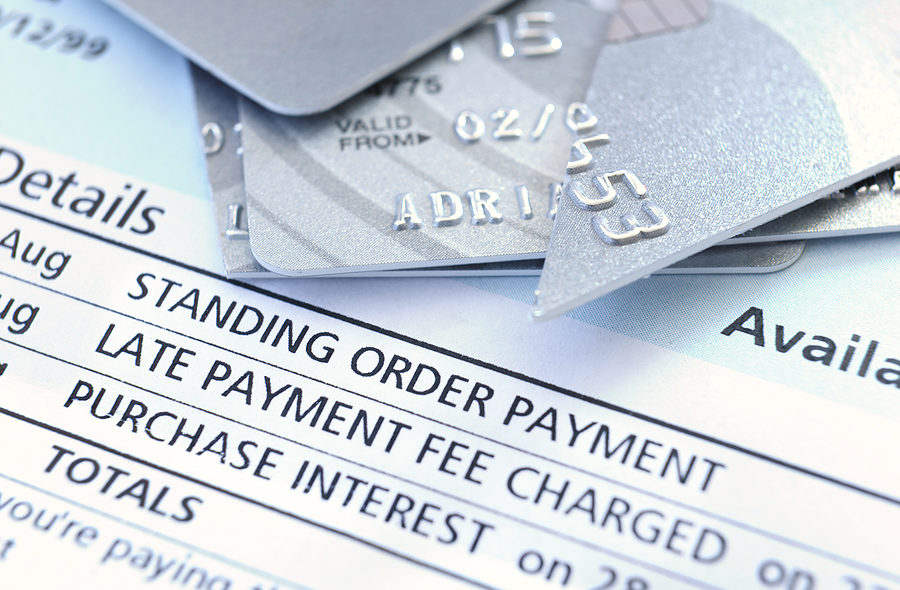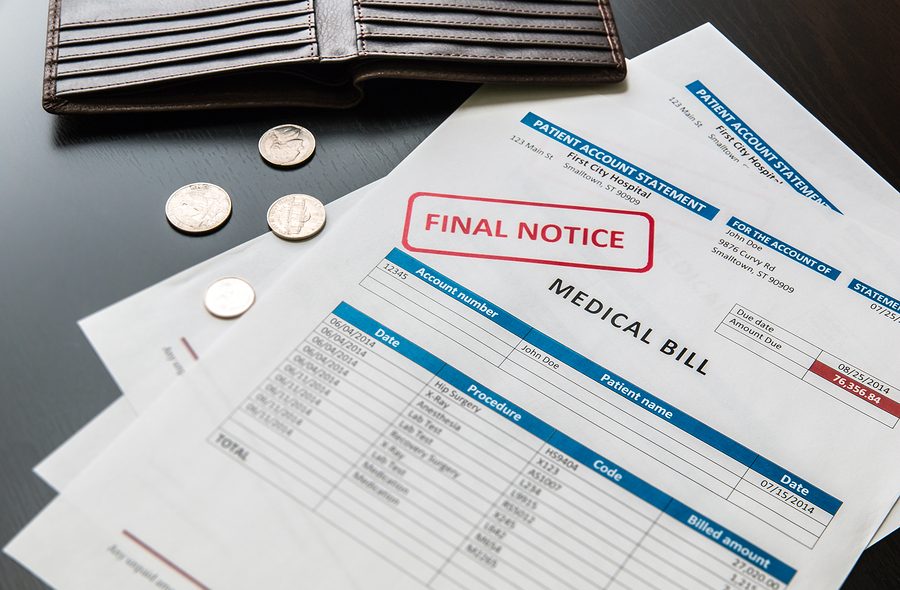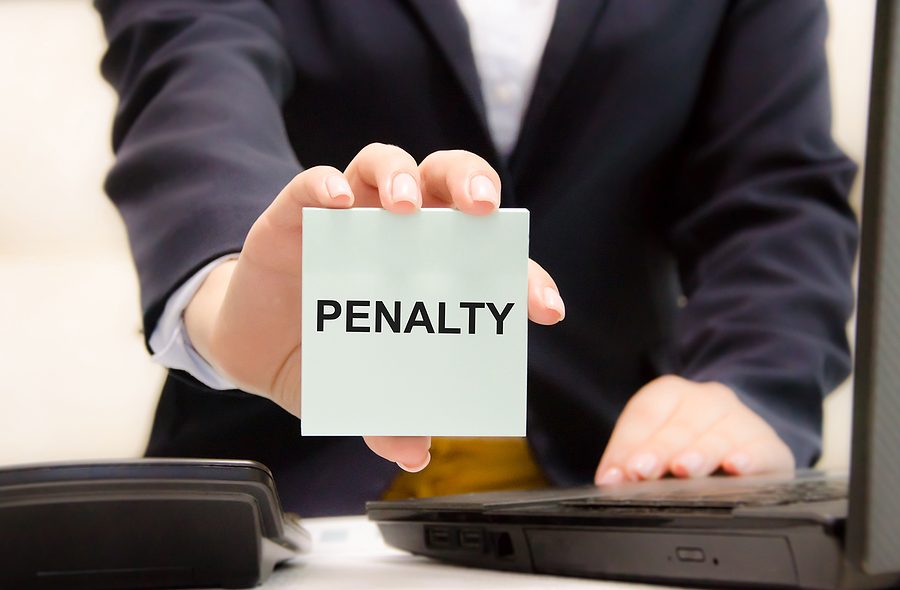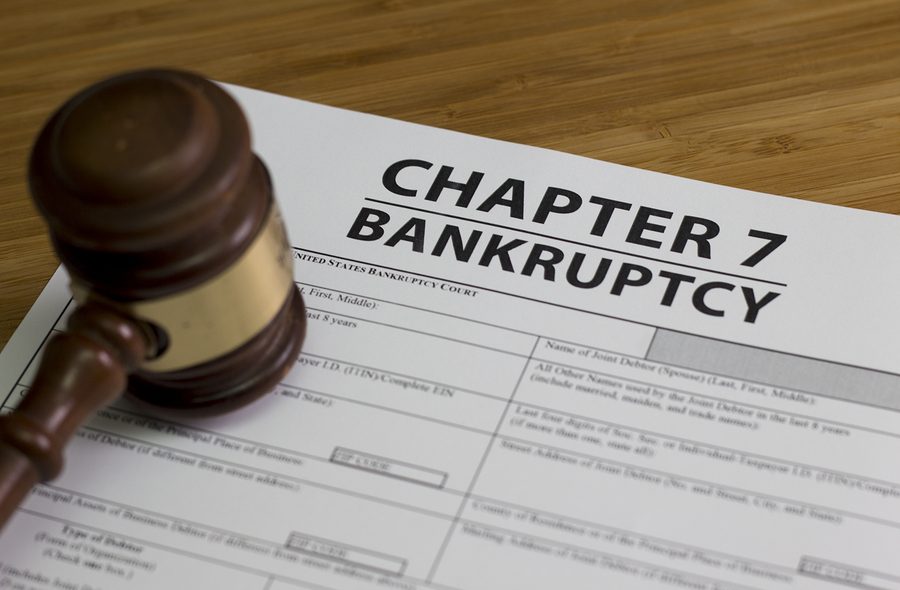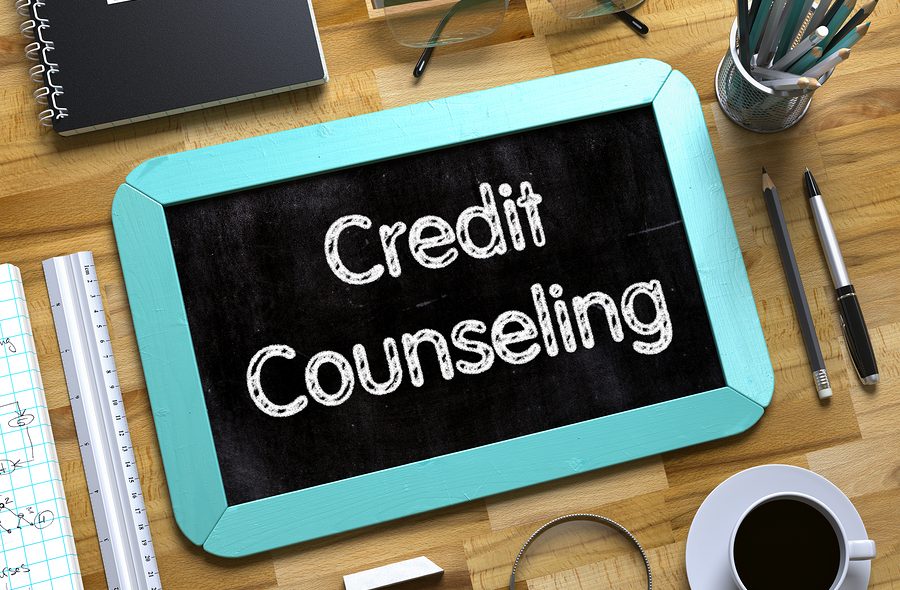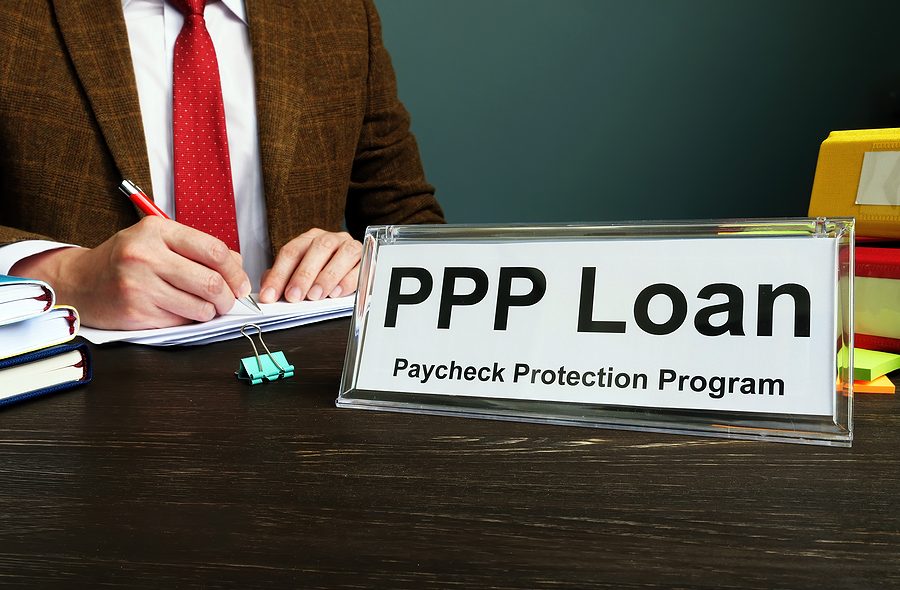Credit card balances saw a record reduction during the first quarter of 2021, after a previous record-setting reduction year was seen in 2020. According to a study published by the personal-finance website WalletHub, American consumers paid off $56.5 billion in credit card debt during the first quarter of 2021.
WalletHub reported that American consumers paid off $82.1 billion in credit card debt in 2020, which is a significant accomplishment considering the challenges many people faced last year. However, this decrease in credit card balances does not necessarily mean that the credit card debt crisis has been solved. There is still a collectively $900 billion in outstanding credit card debt. The average household carries a balance of $7,519, and these figures are expected to rise. In fact, WalletHub is projecting consumers will add $60 billion to the nation’s total credit card balances.
The quarter one decrease in credit card debt was 51 percent larger than the average credit balance paydown since the Great Recession.
Certain U.S. cities did better than others in paying down credit card balances. Pembroke Pines, Florida, ranked number five on WalletHub’s list with an average household credit card debt of $16,549 and a total credit card debt of $948,650,144. Pembroke Pines citizens paid a total of $64,124,649 of this credit card debt with an average household balance paydown of $1,119.
Fort Lauderdale came in 24th on the list of cities that did well in paying down their credit card balances. The average Fort Lauderdale household carried $14,400 in credit card debt with a total debt in the amount of $1,073,761,245. Of this amount, Fort Lauderdale residents paid down $72,581,618.
Financial analysts believe that this data shows that U.S. consumers are in good financial shape in 2021. However, they do anticipate a $60 billion national increase by the end of the fourth quarter of 2021, considering the fact that COVID stimulus packages and additional unemployment benefits will phase out this year.
As bankruptcy attorneys, we see credit card debt as one of the most common problems facing those with serious financial challenges. It is not surprising with the high interest rates, unreasonable fees, harassing debt collection calls, penalties and never-ending minimum payments that do not even make a dent in your actual debt.
Filing for bankruptcy is a viable option for those struggling with insurmountable credit card debt. Chapter 7 is the fastest form of consumer bankruptcy and forgives most unsecured debts like credit card debt, medical bills and personal loans. There are certain qualifications a consumer must meet in regards to income, assets and expenses to file for Chapter 7 bankruptcy, which is determined by the bankruptcy means test.
If you have questions on this topic or are in financial crisis and considering filing for bankruptcy, contact an experienced Miami bankruptcy attorney who can advise you of all of your options. As an experienced CPA as well as a proven bankruptcy lawyer, Timothy Kingcade knows how to help clients take full advantage of the bankruptcy laws to protect their assets and get successful results. Since 1996 Kingcade Garcia McMaken has been helping people from all walks of life build a better tomorrow. Our attorneys’ help thousands of people every year take advantage of their rights under bankruptcy protection to restart, rebuild and recover. The day you hire our firm, we will contact your creditors to stop the harassment. You can also find useful consumer information on the Kingcade Garcia McMaken website at www.miamibankruptcy.com.

